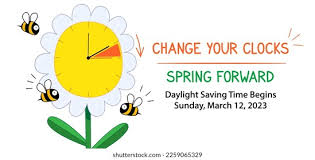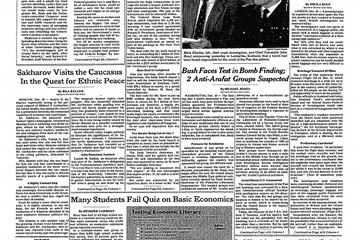The Importance of the Clocks Change in Modern Society

Introduction
The biannual event of changing the clocks is a topic that evokes varying opinions and effects across societies. Every year, millions of people adjust their schedules as daylight saving time (DST) begins and ends. Understanding the significance of the clocks change is essential as it influences everything from energy usage to health and economic activities.
What is Daylight Saving Time?
Daylight Saving Time is the practice of moving the clocks forward by one hour during the warmer months to extend evening daylight. The clocks typically change in the UK at 1:00 AM on the last Sunday in March, when they spring forward to 2:00 AM, and revert back at 2:00 AM on the last Sunday in October, when they fall back to 1:00 AM. The initial concept was first proposed by Benjamin Franklin in 1784, and many countries have adopted it since.
Current Events and Implications
As of March 2023, the debate surrounding DST continues to intensify. Several studies suggest that the biannual clock shifts can disrupt sleep patterns and lead to health issues such as increased heart attacks and strokes. Furthermore, the economic implications are also significant. For instance, the retail sector sees a boost in sales during the longer days of summer when people are more inclined to shop in the evenings. Conversely, the change can adversely affect industries reliant on transportation and logistics, leading to confusion and scheduling conflicts.
Public Sentiment and Potential Changes
Recent surveys indicate a growing sentiment among the public against the twice-a-year clock changes. Many advocate for a permanent adoption of DST or the standard time, citing benefits such as more consistent sleep patterns and reduced confusion. The European Parliament has debated this issue, suggesting that member countries could adopt their preferences regarding DST, but no definitive resolution has been reached.
Conclusion
The clocks change remains a significant event that reverberates through various aspects of daily life. As society evolves and more scientific studies emerge, there might be a shift in how this tradition is viewed and implemented in the future. As we approach the next time change, it prompts us to consider both the historical context and modern implications of this practice. Understanding the clocks change can help individuals and businesses alike prepare for the impacts, no matter what stance they take on DST.









